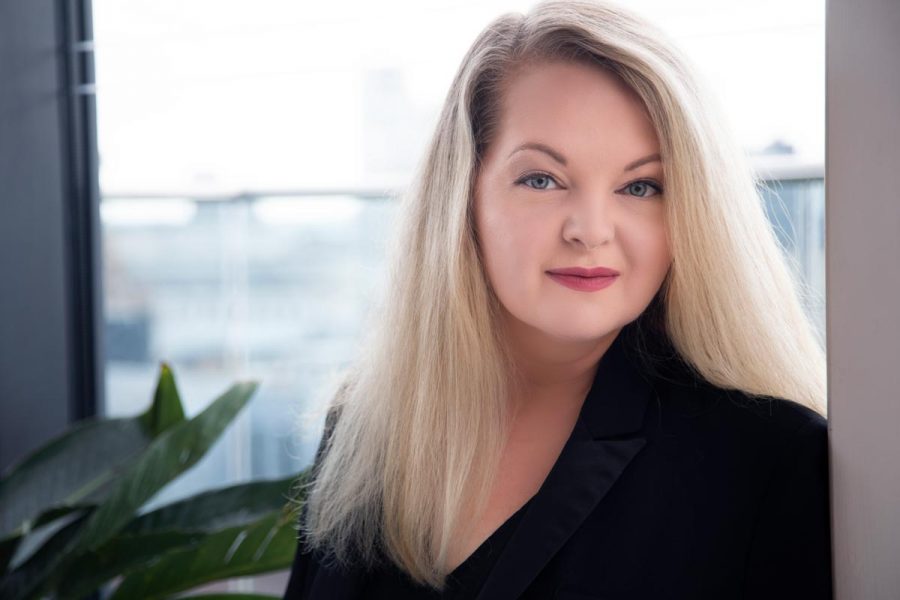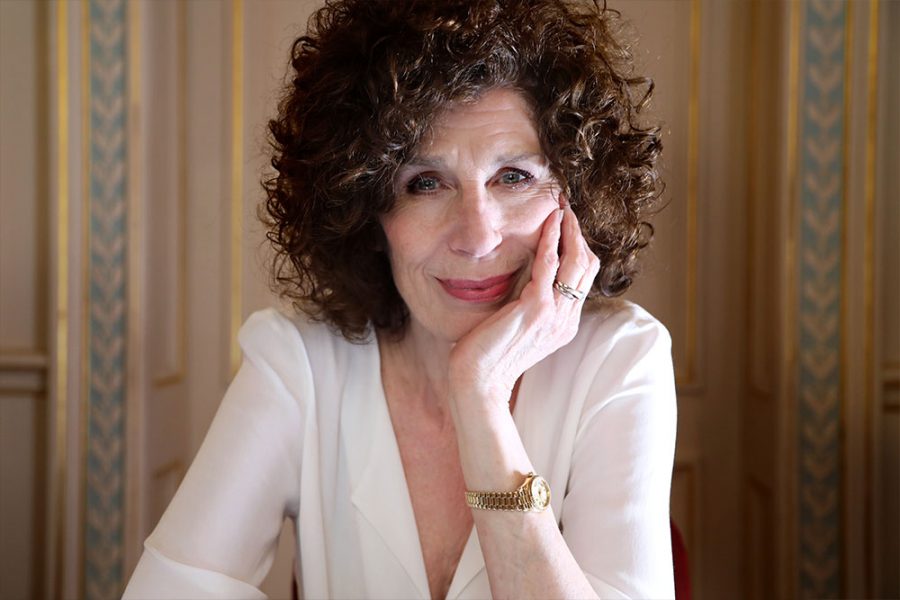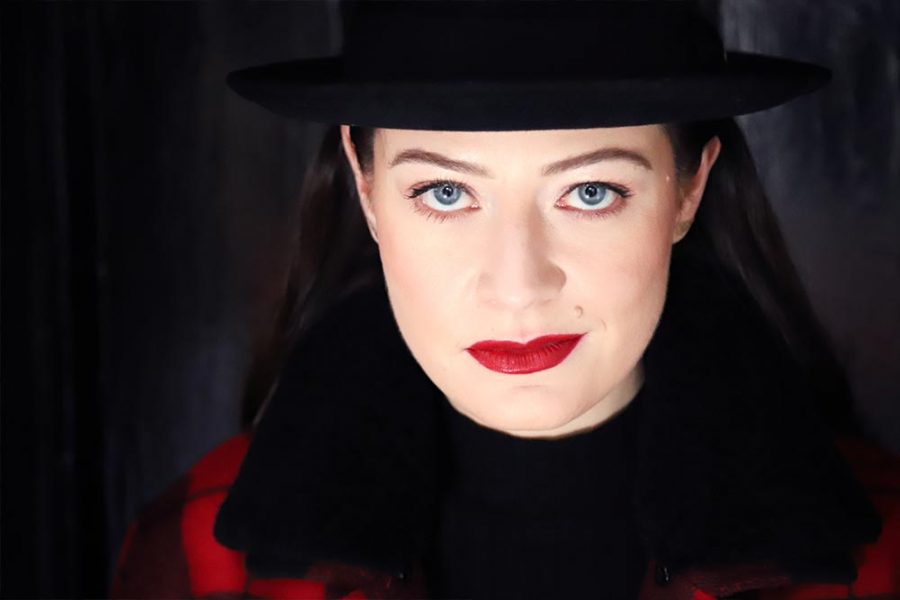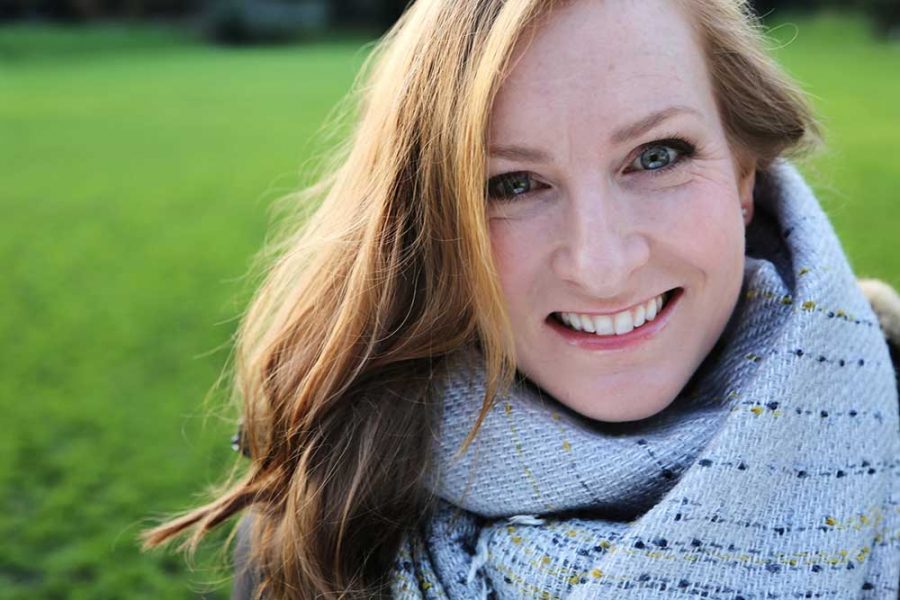The Thinking Man’s Carmen: Patricia Bardon

June 2015
Words by
Emer Nestor
Photos by
Frances Marshall
Irish mezzo-soprano Patricia Bardon has enchanted audiences of the great opera houses of Europe with her interpretation of an expansive repertoire, ranging from the Baroque and bel canto to contemporary opera.
She is particularly regarded for her portrayal of diverse roles such as: Wagner’s Erda (Der Ring des Nibelungen); Dukas’ La nourrice (Ariane et Barbe-Bleu); Verdi’s Azucena (Il trovatore); Saariaho’s Adriana Mater (Adriana Mater); Bizet’s Carmen (Carmen); and Vaughan Williams’ Maurya (Riders to the Sea). Bardon is frequently found on the stage of the Royal Opera House at Covent Garden, having received particular acclaim for her appearances in Guillaume Tell, Mefistofele, Rigoletto, Mosè in Egitto, The Rake’s Progress, and Gloriana. Her vast international concert portfolio includes collaborations with distinguished conductors James Levine, Zubin Mehta, Bernard Haitink, Sir Antonio Pappano, William Christie, Sir Mark Elder, Sir Charles Mackerras, and René Jacobs, to name but a few.
The 2014-2015 season brought Bardon critical commendation for her portrayal of the title role in John Adams’ Gospel According to the Other Mary at ENO. She also appeared in the title role of Tancredi in Moscow, under the baton of Alberto Zedda, and in Carmen in Kuala Lumpur, conducted by Fabio Machetti. Bardon has recently been named ‘artist in residence’ at the DIT conservatory of Music and Drama in Dublin.
We caught up with Bardon in her London home, to chat about a life in opera.
Because I was so very young, very shy and didn't have much self-confidence, everything felt like a baptism of fire...but perhaps that is the case anyway, when you become a professional musician."

What lasting memories do you have from your time studying with Veronica Dunne?
I have many memories of my time studying with Ronnie. I recall very vividly my earliest encounter with her for an audition. My first impression of her was of a warm and incredibly glamorous lady wearing killer heels. After singing a few scales for her, she mapped out my future in classical music for me there and then. I left her studio (which she always jokingly referred to as “the labour ward”) dazed and confused. Over the next seven years or so there was never a dull moment studying with Ronnie. Anybody who meets her is struck by her larger-than-life personality, her infectious passion for music and singing, and her unceasing generosity with her time.
There were always errands to run for Ronnie…like going to the butchers and buying a fortune worth of filet steaks, T-bone steaks, and other prime cuts, as Ronnie wanted nothing but the best. This also applied to her students, and I recall on many an occasion, when I was ill-prepared or not pulling my weight, being given the dreaded 8am slot for a singing lesson. The greatest gift she gave me, in addition to a solid grounding in singing, was to share with me the wonderful world of music and theatre, for which I will be eternally grateful.
Having established yourself in the Dublin scene, how did you initially deal with international competition?
As a student in Dublin I was fortunate to be already working professionally. But as a prizewinner in the Cardiff Singer of the World Competition, at the tender age of 18, I found myself singing concerts in the UK, and singing small roles with the Welsh National Opera…and soon thereafter I was performing throughout Europe. Because I was so very young, very shy and didn’t have much self-confidence, everything felt like a baptism of fire…but perhaps that is the case anyway, when you become a professional musician. You learn on the job, and quickly…you just have to rise to the occasion. You have to try to maintain the highest possible standards and most importantly, be true to yourself.
Do you derive inspiration from the musical style of any operatic singer/s in particular?
One of the factors I have always enjoyed about singing is that you never stop learning. Learning new music, which is ongoing, or learning about the mechanics of the voice…you are essentially an eternal student. I am lucky to work with great singers, many of whom I admire for lots of different reasons. I particularly love a singer who completely commits to a character, is energized, and is always in the moment. One singer who I would want to give a special mention to is our own Ann Murray. She is a true artist, terrifically fun colleague, and an all-round great person.
How do you maintain balance between singing and acting when on stage?
Well this is a tricky one, and it is precisely why we have 4/5 weeks of a rehearsal period before an opera premiere. As well as requiring this amount of time to sing the role ‘into’ the voice, we also need to evaluate the necessary degree of physicality demanded of the role itself, without compromising the singing. I have always been very interested in this aspect of preparing for a role…in exploring as many facets to a character as possible. Productions often involve a lot of running around, so finding a balance is essential. Keeping the breath low and consistent is key really. If it gets high in your chest, or if you get out of breath, then you’re in trouble. Keeping fit helps you of course, as you never want to compromise as a performer.
You’ve received critical acclaim for your interpretation of the great Carmen — in your eyes what kind of Carmen are you?
Carmen is very often the role that mezzos want to tackle. Initially, that was not the case for me at all. I have always dreaded the many clichés that surround this character — the hands on the hips, rose in the mouth, man-eating sexy gypsy, etc…. I needed to find a way to portray this great character that was right for me. Firstly, I think there is nothing more unsexy than trying to be sexy! Being confident, self-assured and intelligent are far more sexy attributes.
It is also vital to show the human side of Carmen: when she is dumped by Don Jose…she is genuinely upset and hurt; her boredom and contempt for her life, work, and partners in crime; as well as the fun loving side of course. What you don’t want is an audience to think she got what she deserved when Don Jose finally murders her. You really should have the sympathy of the audience at the end of the evening. I think Carmen may be my favorite role. The music is exciting from the off, and there is never a dull moment. Having dialogue adds another dimension to the character, and it’s great to play around with it. I was referred to as ‘the thinking man’s Carmen’ in the LA Times, which I took to be a great compliment, as I feel I achieved what I wanted.

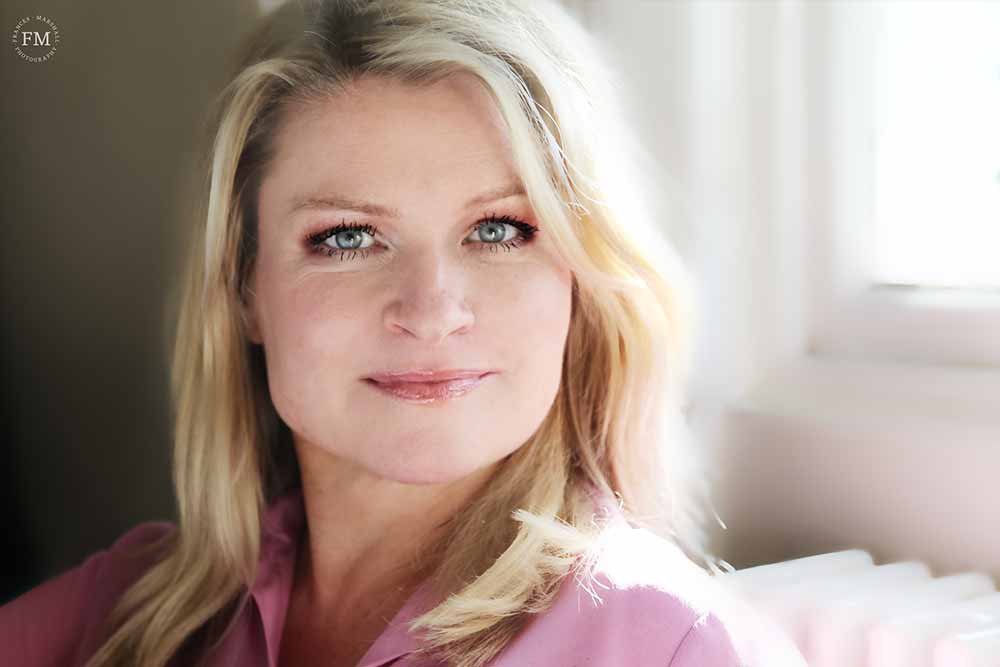


The voice we are born with will qualify us to sing certain repertoire. The positive side of being pigeon-holed is that you may be one of just a few people being considered for a particular role..."

Were you apprehensive about your debut at the Met, and how did you prepare for it?
No I wasn’t at all apprehensive about my Met debut [Cornelia in Handel’s Giulio Cesare in 2007] as I had enjoyed success with this role at the Bayerische Staatsoper [Munich], and Glyndebourne Festival Opera. I felt relaxed about it particularly as I was singing with great friends like David Daniels, Alice Coote, and with the unflappable Harry Bickett, in the pit. As a young singer, singing at the Met is a dream — the pinnacle that you hope may come your way. So, I just wanted to sing well of course, but most of all, to have a fun time.
As an artist, how do you avoid being ‘pigeon-holed’ in one style or another?
Well to some extent you can’t avoid it, and it does not entirely have negative implications. The voice we are born with will qualify us to sing certain repertoire. The positive side of being pigeon-holed is that you may be one of just a few people being considered for a particular role — great when it keeps the offers coming in. The negative aspect arrives when the houses/conductors don’t listen to a voice with a view to its suitability for other repertoire. The voice changes, gets bigger, higher or lower, but never stays the same.
What do you love most about singing at Covent Garden?
When I was starting out as a young singer living in London I was fortunate to cover, and sing small roles at Covent Garden. It was such a thrill for me to be in this iconic building observing great singers and conductors at work. I always enjoy singing at this house. An additional joy, which cannot be ignored, and applies also to singing at the English National Opera, is that I come home after the show and can sleep in my own bed!
Having worked with an array of esteemed conductors, what have you learned?
Opera conductors, like singers, instrumentalists and all performers, have both their strengths and weaknesses. A good conductor is one who treats a production as a collaboration, who views the staging as equally important as the music, who comes to rehearsals and sees how the production evolves, and learns what people will need from him/her when on stage. But the single most important attribute a conductor can have is the ability to listen — to give singers space to breathe and move on, or take some time when needed. There should be a feeling of harmony between stage and pit — it is music making in the truest sense, and a joyous experience.
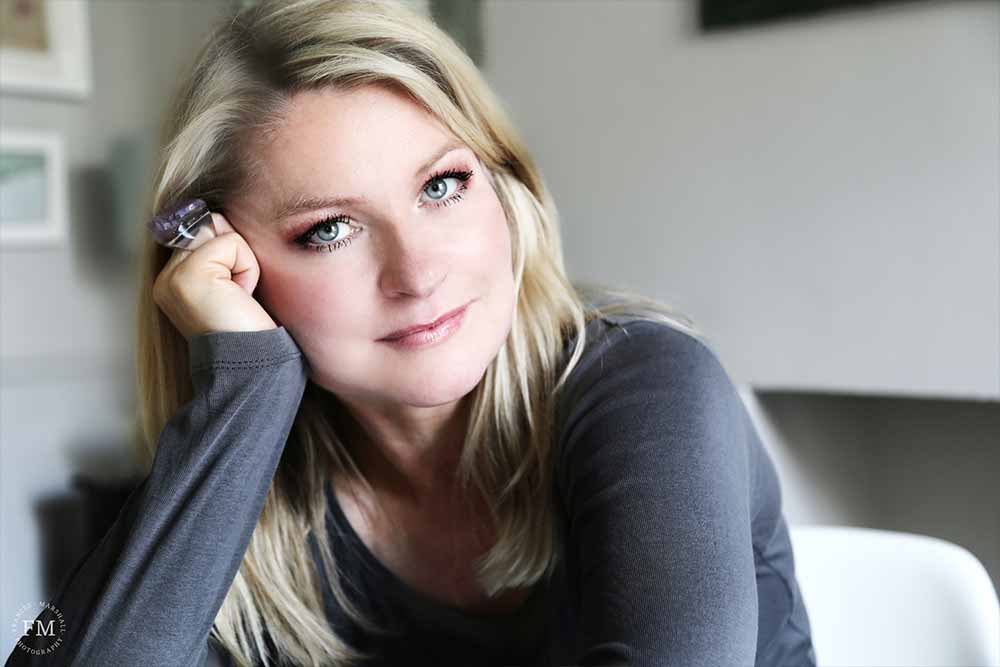


How have you found your recent ‘artist in residence’ role at DIT Conservatory of Music and Drama?
I am a former Alumni of the DIT, and was very honoured and thrilled to be approached by Mairead Hurley, Head of the Vocal Faculty. I made one visit in May to meet the students, give a Master class, and teach. I was extremely impressed by the standard of singing, the good atmosphere and supportive environment. It is very exciting for me to be able to track the singers’ vocal and artistic development over a period of years. I have always, when time permitted, worked with young singers (mostly to prepare them for auditions, competitions, and to work on specific roles). It is always a privilege and often very moving to hear a young talented singer. It’s also a learning curve for me to find the right language and imagery to communicate my thoughts. I am already looking forward to returning in the autumn.
As a touring mezzo-soprano how do you combine home life with stage life?
With extreme difficulty! Home life and a job that involves a lot of travel is never a good mix. An opera career on an international level does not respect family life at all. I have been extremely lucky to meet my husband Nick Sears, a retired singer himself, who is always fully supportive of my career and the need to travel. Nick is the Head of the Vocal Faculty at the Royal College of Music London, and is acutely aware of what it entails to be a singer. We discuss every offer that comes in, and it has always been a priority not to sing in two back-to-back opera productions abroad. But, there are occasions when, because of the role, the venue, or financial benefits, you just can’t say “no”. Concerts on the other hand, require far less time away from home. I have cut down on the amount of opera in the last few years in order to make myself more available for concert work, to enjoy more time at home with Nick and my 14-year-old boy, Henry, and also to find a healthier career balance.
What do you like to sing outside of the opera repertoire?
Well, I’m always singing bits of the opera role I am preparing around the house. But I love singing a bit of Adele, Pink Floyd, maybe a peppering of Led Zeppelin…my first musical appreciation was of rock music and I love it to this day.
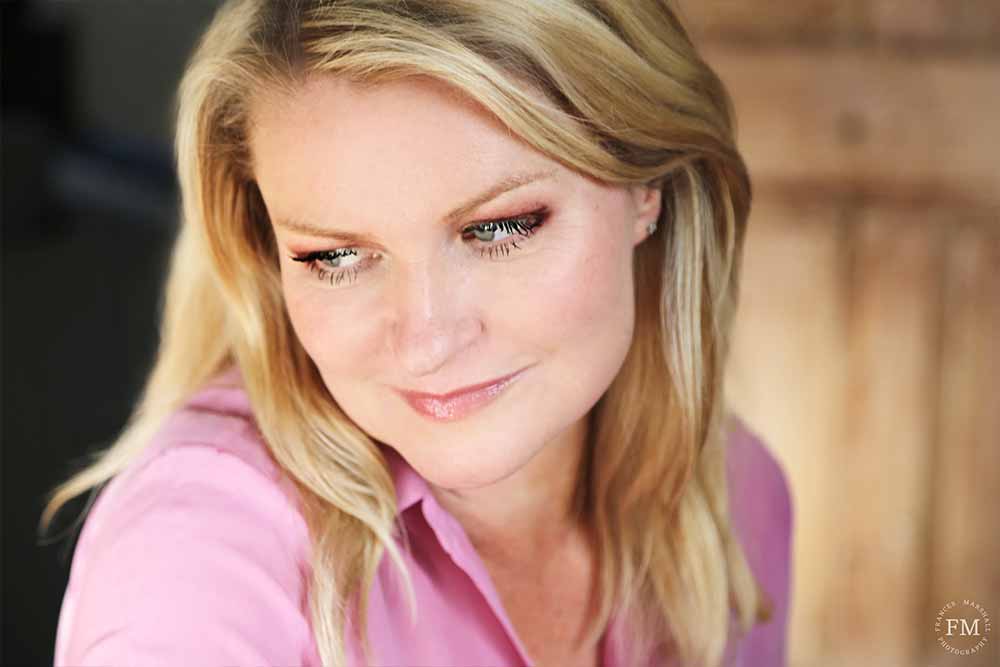

How do you look after your voice and keep yourself motivated as a touring performer?
I have never wanted to sacrifice too much for my work. But, I eat well, and power walk (as you do require some level of fitness in this job). On the night before a show I generally don’t eat late, and I try to get good quality sleep.
Is there any role in particular that you would like to sing in the immediate future?
The role I have been interested in singing for a while is Eboli in Verdi’s Don Carlos. I am very excited to be performing it at the Grange Park Opera festival in summer 2016.
What are you working towards at the moment?
I sing the title role in Nicola Porpora’s Il Germanico in Germania at the Innsbruck Festival of Early Music in August. Porpora was a contemporary and rival of Handel, but did not share his success. He was a singing teacher to the great Castrati of the day. His gorgeous music is undergoing a well-deserved renaissance…and we will be making a CD.
Then in September, I sing Mary in John Adams’ opera, The Gospel according to the other Mary, in Strasbourg — considered one of his finest works to date. It will be streamed live on the Internet.
All images displayed in this article are subject to copyright.
Share this article


